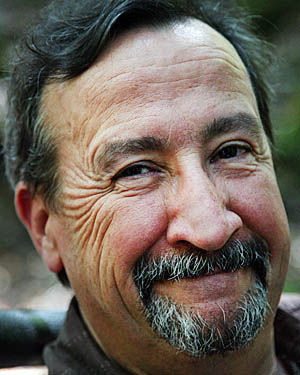Change does not roll in on the wheels of inevitability, but comes through continuous struggle. And so we must straighten our backs and work for our freedom. A man can’t ride you unless your back is bent.”
The Reverend Dr. Martin Luther King, Jr.
This week we celebrate the achievements of Dr. King and the movement he helped lead. As we saw and heard on television, on line, in our streets and in our schools, King’s legacy endures.
Perhaps it’s because his work is not complete, not as long as the concept of race exists in our society.
In his 2014 book, “The Myth of Race: The Troubling Persistence of an Unscientific Idea,” Robert Wald Sussman refutes the concept that the human race is many races.
In truth, we are one. The color of your skin, the shape of your eyes, the wave of your hair matters as little as it would in any other living thing that exhibits individual physical characteristics. Is a gray horse a different race than a chestnut horse? Of course not.
A key factor that sets us apart is our upbringing. The tribal structures that helped our ancestors climb down out of the trees and work together to hunt and gather still help us accomplish great things, but there’s a built-in mistrust in that structure. There’s “us” and we’re good. There’s “them” and we’re not so sure if they’re good, too.
Our family, our friends, our neighbors, our leaders and our national self-image all serve to reinforce the struggles that Dr. King saw and defied. When we think about someone of a different race, we like to declare that racism doesn’t matter, that it’s other people who are that way – surely not us – that we are in a post-racial world.
But are we? Can we look past a lifetime of training and see each other as truly equal, or even truly deserving of equality?
The national conversation abounds with mistrust of the “other” – whether they live on the other side of a real wall, a future wall, or worse, a wall they have been trained by society to build and fortify themselves.
Our heart’s true work – as people and as a nation – is not to strive at the expense of others, but to embrace the idea that the best success is shared.
It’s not an easy path and it’s not for the weak in spirit. As Dr. King said: “There is little hope for us until we become tough minded enough to break loose from the shackles of prejudice, half-truths, and downright ignorance.”
Are we ready?
– Ray Holley








